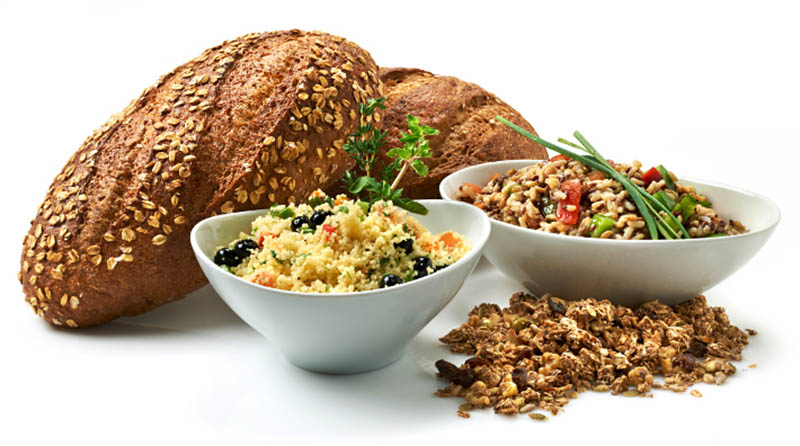
Eating late at night makes you gain weight
I am certain many of you have heard that you should avoid eating late at night as it leads to weight gain? This idea comes from the hypothesis that eating disturbs your circadian rhythm, which is the 24-hour cycle that tells your body when to sleep, eat and wake. However, no evidence exists to support this claim. So if you eat after 6 pm, don’t worry, you will not gain weight because of that. The truth is, meal timing doesn’t really matter, as long as you don’t exceed your overall calorie intake.
Eating too late at night can, however, affect your sleep which is why it’s important to aim to have your last meal 2 to 3 hours before you go to sleep. This is because eating too close to bedtime doesn’t allow your body time to digest the food you have eaten properly, affecting the quality of your sleep.
Don’t do cardio if you want to build muscle
If you’re trying to build muscle, you may have been told to avoid cardio at all costs.
The truth is, you should not completely avoid cardio, even if your goal is muscle building. Whilst doing a lot of cardio may hinder your muscle building process by placing you in a further calorie deficit, a small or moderate amount of cardio is still advantageous for your health.
Just because you are focusing on muscular strength, doesn’t mean you should neglect cardiovascular fitness. Incorporating some cardio such as walking, light jogging, cycling or even the occasional HIIT, is important for keeping your heart in tip top shape. As long as the majority of your training is strength-based, incorporating some cardio will not impede on your muscle building goal.
You must reduce carbs to lose weight
We in Guyana love our rice, roti, bread and tennis rolls, but the first thing we think about when it comes to weight loss is cutting them out all together. Think you need to cut our carbs to lose weight? Think again!
Carbs are a macronutrient, meaning a nutrient needed in moderately large amounts on a daily basis. Carbs supply the brain, muscles, and organs with energy that can easily be utilised. Plus, carbs are an incredible source of fibre and micronutrients like magnesium, and B vitamins which can actually help with fat loss.
The key is to mainly consume complex carbohydrates. This is because complex carbs take longer to digest, which stabilises the appetite and keeps blood sugar levels stable. Examples of complex carbohydrates include wholewheat breads, wholewheat pasta, brown rice, quinoa, legumes, fruits and vegetables.
In conclusion, when it comes to gaining or losing weight, what you eat and how much is consumed are of the highest importance.




